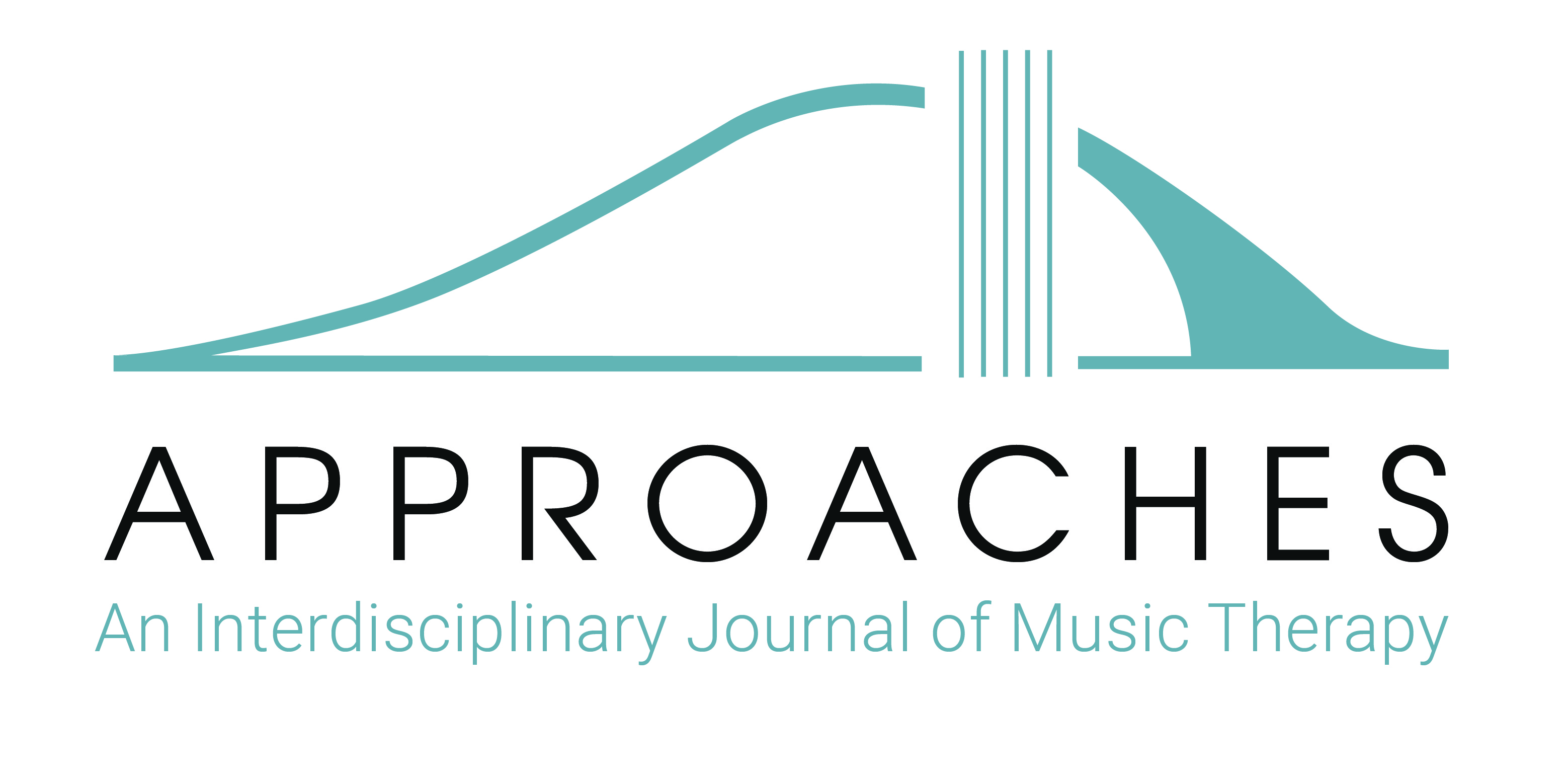Volume 10 (1) 2018 – Article (first published on 27 November 2016)
Flow as a mechanism of change in music therapy: Applications to clinical practice
Michael J. Silverman & Felicity A. Baker
Abstract
Due to the creative and purposeful applications of music in a therapeutic context, music therapists may be uniquely able to foster flow-based experiences for the people who access their services – herein “users”. As flow has been linked with a number of positive factors, it may be ideal for encouraging and enhancing learning and therapeutic encounters during music therapy. The purpose of this paper is to describe flow and provide contextualisation of flow in music therapy clinical practice and as a possible mechanism of change that might explain outcomes observed in research with users. To integrate the flow-based literature into music therapy research, we discuss flow in receptive and active music therapy interventions and applications of flow in clinical practice and research. We propose flow as a bi-directional construct in music therapy and, based upon the person-activity fit model, offer a figure integrating skill of the therapist with the challenge of the intervention in an attempt to enhance music therapy education and clinical practice. Moreover, flow may represent a positively framed and less invasive method for measuring users’ perceptions of the therapeutic outcomes. Future research utilising all paradigms is warranted to best understand this concept and resultant therapeutic implications.
Keywords
flow, music therapy, optimal experiences, person-activity fit, songwriting; mechanism, change
Biographies
Michael J. Silverman is the Director of Music Therapy at the University of Minnesota, USA.
Email: silvermj@umn.edu
Felicity A. Baker is a Professor and Associate Dean (Academic) at the University of Melbourne, Australia.
Email: felicity.baker@unimelb.edu.au
